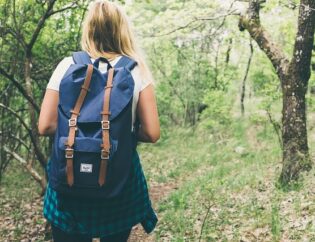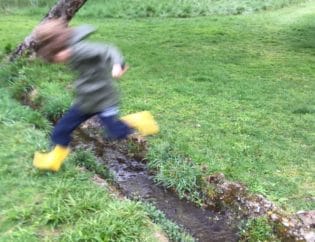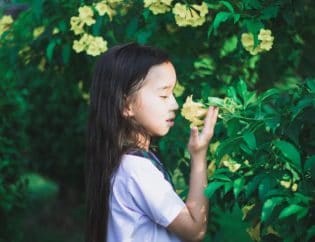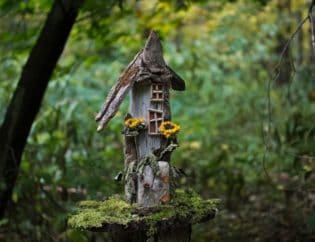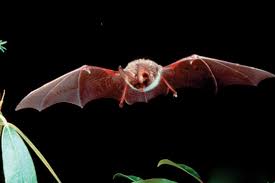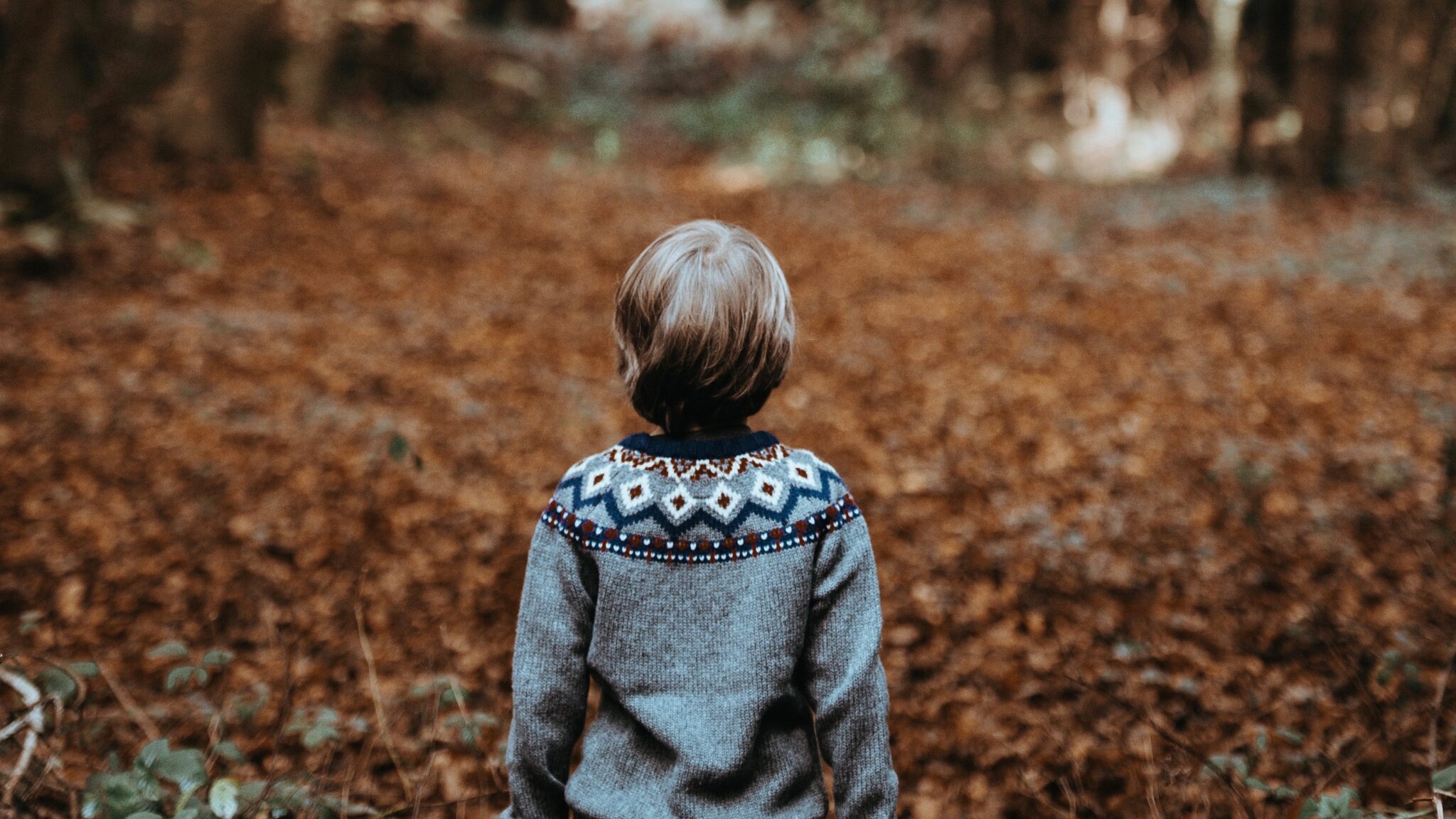
We're certainly not reminiscing but one of the ways the Covid-19 pandemic changed our lives was by reducing the busyness level of life. For most families, playdates, classes, practices, weekend sports games, and competitions suddenly vanished. Our children’s lives were changed. They were quieter.
In truth, kids needed a schedule reset. Our children’s schedules are too full, too overloaded with diversions. No time for discovery, self-reflection, boredom.
Children actually need time to be alone, to think, to be bored. Such time is crucial for them to connect with their own feelings, interests, thoughts, views of the world, rather than just adopting our views, or what is trending on Tik Tok. Slowing down and spending time alone helps a child shape their own person and consequently, be happy with who they are. Older children, especially, need alone time. This is a crucial age in which a child must have a sense of who they are so they are content with that person and not swayed by the many outside influences they come into contact with daily.
Time alone in nature has valuable additional benefits. Being alone in nature provides time and space for all of us to step back and reflect on our lives. That solitude in nature offers an opportunity for us to clarify thoughts, hopes, dreams, and desires.
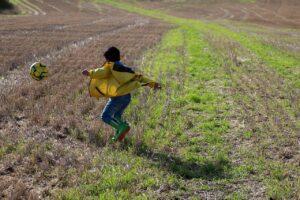
Not too long ago, a team of researchers looked at intentionally designed solitude experiences during wilderness programs, such as those run by Outward Bound. They asked former participants of such outdoor programs to look back and reflect on how the programs had affected them years later. Their responses showed that they benefited from the outdoor settings of the program, as well as from the experience of just being alone. The study findings revealed that time alone in nature is beneficial for many participants in a variety of ways including having a calming effect on the mind and providing challenges that spur individuals to creative problem-solving and increased self-confidence. The participants said alone time in nature is something they wish they had more of in their daily life.
And another study in North Carolina specifically looked at if and how children benefit from being alone in nature. The study found that solitary moments during outdoor activities—such as hunting, fishing, hiking— are especially important when it comes to kids identifying with nature and feeling comfortable in it, which will hopefully make them want to protect it when they're older.
"We saw that there were different combinations of specific activities that could build a strong connection to nature; but a key starting point was being outside, in a more solitary activity," said Kathryn Stevenson, corresponding author of the study and an assistant professor in North Carolina State University's Department of Parks, Recreation and Tourism Management.
"When you think about recreation opportunities for kids, social activities are often covered; people are signing their kids up for sports, camp and scouts," Stevenson said. "Maybe we need more programming to allow children to be more contemplative in nature, or opportunities to establish a personal connection. That could be silent sits, or it could be activities where children are looking or observing on their own. It could mean sending kids to the outdoors to make observations on their own. It doesn't mean kids should be unsupervised, but adults could consider stepping back and letting kids explore on their own."
So being alone, especially in nature, is important for a child’s emotional well-being as well as a connection to the outdoors throughout their life. But of course, parents aren’t going to allow young children to head off on their own in the woods. Our first priority is the safety of our children.
One way to allow more independence and alone time is to simply step back more often and observe our children when they are outdoors in nature, rather than hover around them, directing them. We can get involved when they need us but give them the time and space to work out problems, figure out how to spend their own time outdoors alone, find ways to fill their boredom— or not.

Some ways to foster alone time in nature:
When you’re outdoors together, reserve some time to quiet things down. Don’t feel compelled to keep up a conversation the entire time, or identify each species you pass by. If you’re hiking, allow your child to get a bit ahead of you, suggest they are the leader if they are old enough. Just some physical space might quiet things down and give them the opportunity to think and be in nature. If you’re canoeing together, be sure to take some time to simply sit and reflect uninterrupted. If you model quiet behavior, your child will eventually learn it and adapt it to their own outdoor rituals.
When you’re home, in your backyard or park, take some time for sit spots. A sit spot is your child’s special space in nature, that they have chosen themselves, in which they can do anything from journaling to art to reading, or simply being. A sit spot is a special space for a child, and certainty not a punishment. It can help reset a chaotic day or provide a natural balance that our kids need.
Of course, there are many outdoor activities that lend themselves well to alone time in nature for kids. Treehouses, forts or dens are excellent retreats in nature for kids to live alone in their imaginary worlds, process and think, or just be bored. Also, building fairy or elf houses or wildlife watching are activities that are often best when done solo.
Naturally, social interactions in nature and in general are crucial for child development. But having some time to reflect on their own may have a greater impact in childhood than we realize. And being alone in general, indoors or out, can help children develop the ease, comfort, and wisdom with themselves that being overscheduled will never achieve.


